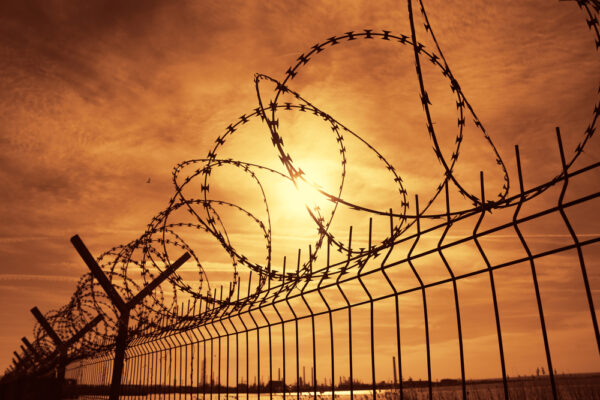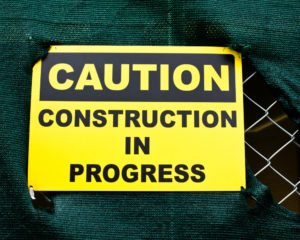Ask most people, and they’ll probably tell you global warming is our greatest global obstacle. Some will even say something like terrorism or illegal immigration. Frankly, I thought I was pretty damn clever spotting the global credit bubble, and believed it to be the greatest global crisis we’d face in our lifetimes (i.e., something on order of five times larger than the S&L crisis). Even if I’m right about that number, I’m far from being right about the significance of the event.
I rented a movie this weekend, A Crude Awakening (2006), from Netflix. You have to see it; it changed my thinking in 90 minutes.
I had previously read about “Peak Oil,” but nothing put it together as persuasively as this movie. The magnitude and consequences of a global oil crisis are staggering, imminent and unavoidable.
For anyone who does watch it or who has seen it, I’d really like to know your thoughts on the following: When the world can no longer fulfill our global oil demand (sometime between now and 10 years from now), do we get massive price inflation or deflation of assets and commodities (or will it be different for one versus the other)?
Don’t be too quick to answer; it’s trickier than you might think. While the law of supply and demand dictates dramatically higher prices (for commodities anyway), global asset and commodity prices during the Great Depression sank almost 50%, and there’s reason to believe that long-term effects of a real global oil crisis (unlike the temporary and politically-induced “oil shock” of the 70s) would not necessarily lead to higher prices if it disrupted economic activity for any appreciable amount of time. Simply put, if economic activity slowed or stopped, there’d be massive unemployment, less money and, consequently, less demand for everything (with the exception of things like guns, ammo, food and water, in my opinion).
So, think $100 per barrel is expensive? What if oil cost $1,000 per barrel or $50/gal of gasoline? How much does bread, clothing or heating cost then? Will people be able to afford it? Will they have a job under such conditions? What about American cities, like ours, that are spread out and utterly dependent upon personal transportation? What will happen to economic activity in a place like Phoenix or, more broadly, the “American way of life”?

The Legal Examiner and our Affiliate Network strive to be the place you look to for news, context, and more, wherever your life intersects with the law.













Comments for this article are closed.